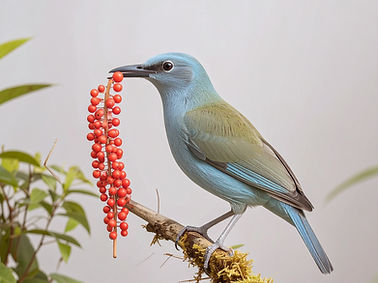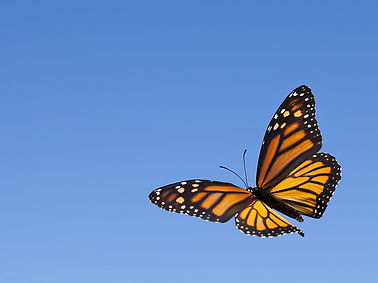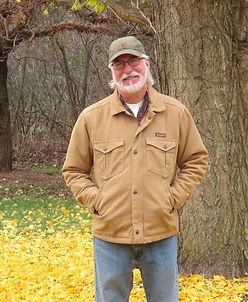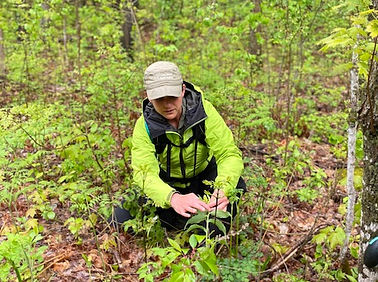Fall Seminar 2025
"Gardening With Natives for Birds, Bees and Butterflies"
Ticket sales are closed
the event is sold out
Thank you for your support and interest in the event.

Saturday, October 25
8:30 am - 1:00 pm
Crossroads at Big Creek
Collins Learning Center
2041 Michigan St Sturgeon Bay, WI
schedule
8:30-9:00am: Registration, coffee, snacks
9:00am-12:30pm: Presentations
12:30pm: Informal lunch
1:00pm: Seminar concludes
Information tables from conservation partners will be available throughout the morning


"Native Shrubs and Trees for the Birds and the Bees"
Presenter: David Garison Stevens
Ed Hasselkus Curator - Longenecker Horticultural Gardens at the UW-Madison Arboretum and an Honorary Associate Fellow, UW-Madison Department of Horticulture.
Learn about the rich diversity of woody plants native to the upper Midwest and the benefits of incorporating them into your home landscape to help attract and sustain a diversity of bird and pollinator species.
“In this time of unprecedented declines in both pollinator and bird populations it is imperative that each of us pitch in to help support these vital species. One way is by wisely choosing the plants we put in our landscapes, based on the ecosystem services they provide and not just ornamental beauty. In this talk you will learn about the rich diversity of woody plants native to Wisconsin and the benefits of incorporating them into your home landscape to help attract and sustain a diversity of bird and pollinator species.”
"Why Monarchs Need Volcanoes"
Presenter: Emily Stone
Naturalist and Education Director at the Cable Natural History Museum.
In a delicate balance between staying cool enough to conserve their fat stores and warm enough not to freeze, the monarch butterflies seek out a variety of microhabitats as the climate changes around them.
.jpg)
“In Wisconsin, we are lucky to witness the childhood of monarchs as adults mate and their caterpillars grow with astonishing speed. But their continued presence here is dependent on a web of relationships that extends across a continent to their winter habitat in Mexico. Understanding this web is necessary for effective conservation of this amazing Being.”
Partners in conservation
Thank you to the botanic, conservation, and environmental not-for-profit organizations in Door County who have collaborated to support this seminar. Click on the logos to learn more about these organizations and support their work.
Co-Sponsor
Door County Master Gardeners
Co-Sponsor
Crossroads at Big Creek
Co-Sponsor
Wilds Ones Door Peninsula
Partner
The Clearing Folk School
Partner
Door County Land Trust
Partner
Climate Change Coalition of Door County
Partner
Door County Seed Library
Partner
Door County Invasive Species Team
Partner
The Ridges Sanctuary
Partner
Wisconsin Master Naturalist
















.png)